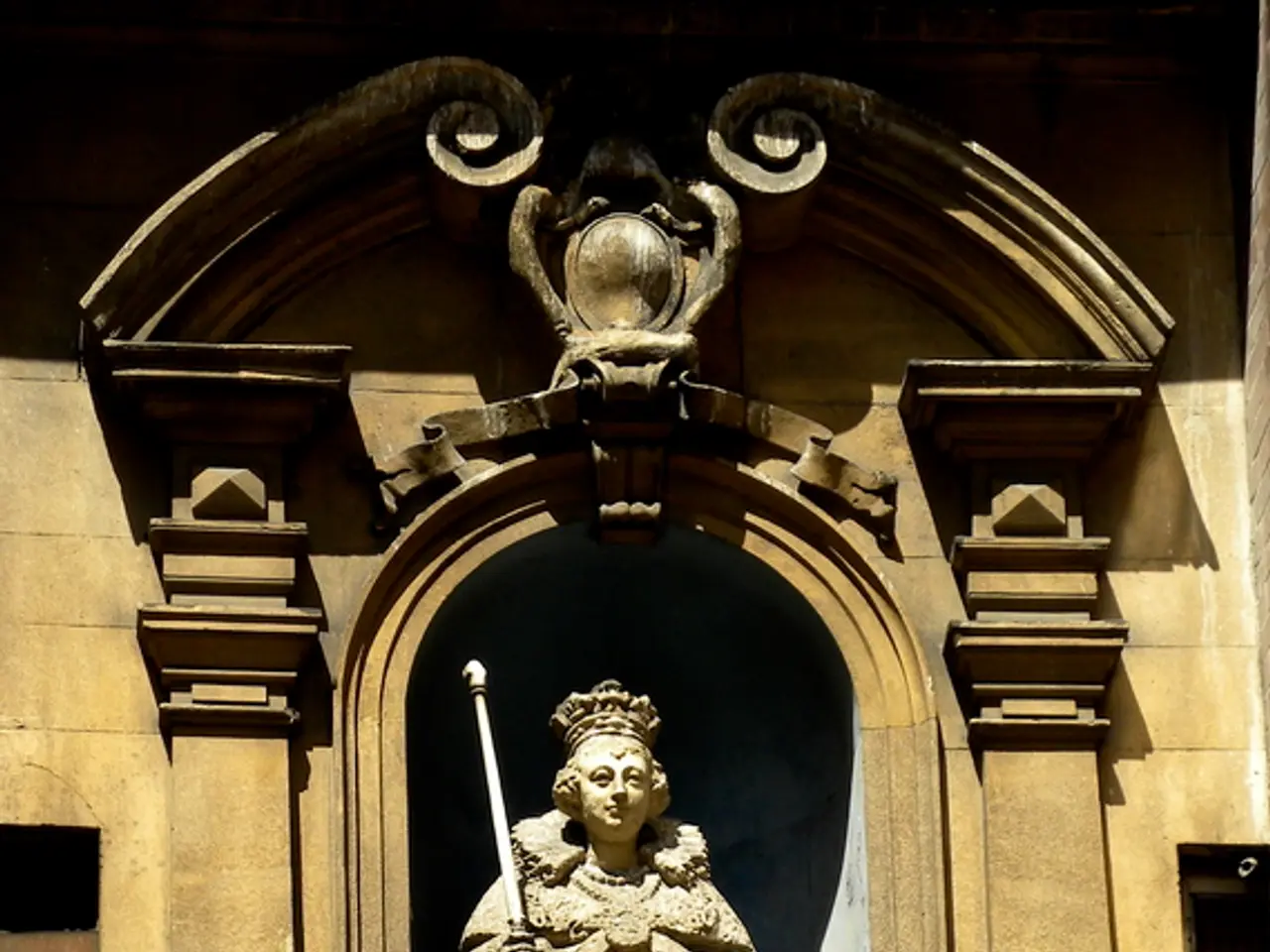Deceptive Business practices Land Hildesheim CEO in Court
The Hildesheim CEO's Fraudulent Actions
Fraudulent Investment Scam: Hildesheim Businessman Convicted for Stealing 26 Million Euros from Investors - Businessman from Hildesheim found guilty of swindling investors out of 26 million euros.
In a settled trial, the CEO of a prestigious Hildesheim-based company has been found guilty of engaging in fraudulent financial practices that significantly impacted the firm's solvency and defrauded creditors. These practices concealed financial troubles, artificially inflated assets, and underrepresented debts, thereby misleading investors and contributors.
Proven Offenses and Their Impact
- Financial Deception: The CEO disguised the company's financial issues by manipulating records, exaggerating assets, and understating liabilities.
- Bankruptcy's Consequence: The deception led to the company's eventual bankruptcy, causing substantial losses to investors.
Investigation Details
Detailed financial audits and forensic accounting procedures were employed to uncover discrepancies in the company’s financial statements that led to the CEO's eventual indictment.
The Plea Bargain Agreement
- Guilty Plea: The CEO owned up to the offenses in exchange for a more lenient sentence.
- Conditions: The plea agreement included financial restitution to affected creditors and a suspended prison sentence contingent on good behavior.
- Court Ruling: The court accepted the plea and acknowledged the CEO’s cooperation, as well as their commitment to rectifying the damage caused.
Exact Damages Caused
The investigation found that the fraudulent activities resulted in approximately 3.2 million euros in misappropriated assets and hidden debts.
Conclusion
In considering the complexities of this case, feel free to ask questions concerning the court's verdict or potential implications for corporate governance reforms.
- The guilty plea by the CEO of the Hildesheim-based company, in a case involving deceptive financial practices that led to the company's bankruptcy and a loss of 3.2 million euros for creditors, included financial restitution and a suspended prison sentence.
- The CEO's actions of concealing financial troubles, artificially inflating assets, and underrepresenting debts, as reported in the general-news and crime-and-justice sections, were proven offenses that significantly impacted the firm's solvency, defrauded creditors, and raised questions about Community law in business and finance, potentially prompting reforms.




